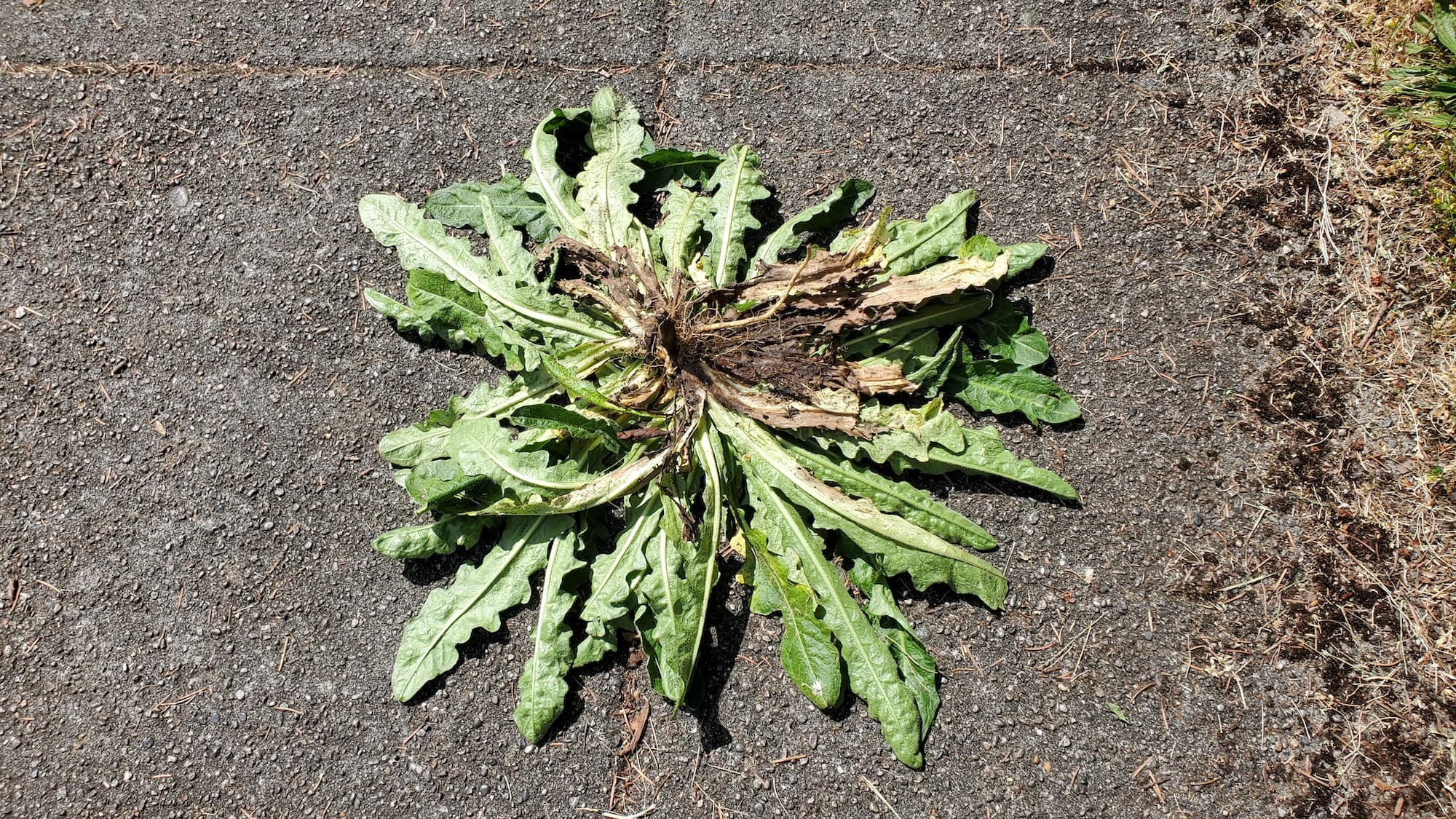West Seattle Slash overgrown fields
Homeowner’s Issue
West Seattle yards and vacant lots build up fast. Our maritime climate—wet, mild winters and a short dry spell in July–August—means blackberry, English ivy, salal, and moss take over quickly, especially on shady north-facing slopes and compacted loam near ravines in Admiral and Fauntleroy. Many properties sit on small hills or ravines that funnel runoff into storm drains or down to Puget Sound, so clearing work needs erosion control and good debris handling. Curb appeal suffers when tall grasses and invasive shrubs block sightlines on sidewalks and driveways, and HOAs around Morgan Junction and the Admiral district often expect tidy edges and safe access.
We see common problems: deep-rooted blackberry thickets, ivy strangling tree trunks, fallen limbs after winter storms, and seed banks that sprout after any soil disturbance. Moss and thatch become dominant in compacted, poorly drained spots. Seattle’s shoreline and park-adjacent properties (near Alki and Lincoln Park) can also require careful disposal to avoid spreading seeds and berries. We focus on practical, sustainable fixes that respect local rules and reduce repeat visits—no herbicides, just targeted mechanical removal, mulching, and native replanting where appropriate.
Our Quality Service
We clear brush and reclaim overgrown fields using hand tools, brush cutters, chainsaws for hazard limb removal, and compost-friendly hauling. We start with a site assessment, mark hazards and protected trees, then strip invasive masses, grind large stumps if requested, and reshape slopes to reduce erosion. Typical timelines: small lots done in one day, medium yards 1–3 days, larger parcels scheduled with phased clearings.
Local insight: West Seattle soils vary from dense clay pockets to sandy patches near shorelines; we add organic amendments and mulch to improve structure. Work is scheduled around wet-season limits to prevent rutting, and we observe summer watering guidance for any new plantings. We do not use herbicides—relying on manual removal, repeated cutting, solarization, and thick organic mulches to suppress regrowth.
Benefits: improved safety and sightlines, reduced pest habitat, long-term lower maintenance, and better curb appeal without chemical inputs.
What’s Included
- Full site assessment and hazard marking.
- Mechanical brush cutting and selective pruning.
- Hand-pulling of roots for ivy, blackberry, and nuisance vines.
- Haul-away of green waste or staged pickup to green bin (your choice).
- Mulch application (organic) to exposed soil to reduce erosion and weed germination.
- Light soil amendment and grading for runoff control.
- Basic native replanting recommendations.
Options / Upgrades:
- Landscape fabric + heavy organic mulch for persistent beds.
- Native groundcover or pollinator meadow planting (seed or plugs).
- Erosion control wattles/silt fence on steep slopes.
- Stump grinding.
- Repeated maintenance visits (monthly, bi-monthly, or quarterly).
Before & After / Expectations
Expect some noise and visible disturbance during work—chainsaws, brush cutters, and hauling trucks. We stage debris to keep sidewalks clear and either haul to the landfill, transfer to your green bin, or deliver to a compost facility per your preference. Small projects are tidy within a day; larger lots may require follow-up visits to catch regrowth.
Care tips for West Seattle:
- Water new plantings early morning during dry spells; follow city watering guidance.
- Watch for spring surge of blackberry shoots; plan a follow-up cut 6–8 weeks after clearing.
- Remove ivy completely from tree bases to prevent re-attachment; inspect after winter storms.
- Mulch bare soil heavily in the rainy season to prevent erosion and seed germination.
FAQs
Q: Do you use herbicides?
A: No. We use manual removal, mulching, solarization, and organic methods only.Q: How long will regrowth take?
A: Annual weeds can return in months; deep-rooted invasives like blackberry need repeat cuts the first 1–2 seasons to deplete roots.Q: Do you handle permits or protected trees?
A: We flag likely permit issues and can advise you, but large tree removals or shoreline work may require city permits you must approve.Q: Can you do phased work on steep lots?
A: Yes. We can schedule phased clearing with erosion controls to protect slopes and drainage.
Call to Action
Ready to reclaim your West Seattle lot or yard? Book a free estimate—photo quotes are quick and on-site visits are scheduled fast. We work from Alki to Lincoln Park, keeping things sustainable and practical.
Email neatandtidyseattle@gmail.com or call 206-538-9344 to get on the schedule. Licensed • Bonded • Insured.










